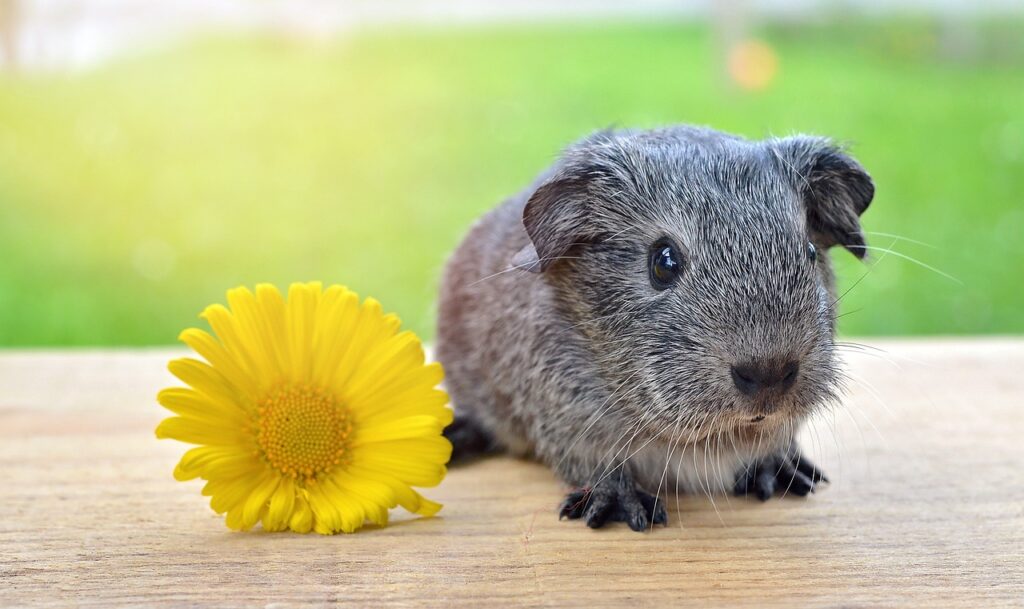Can guinea pigs eat raspberries? — A Delicious and Nutritious Treat for Your Pet
Guinea pigs are adorable little creatures that bring joy and companionship to our lives. As responsible pet owners, it is crucial to provide them with a well-balanced diet that meets their nutritional needs. When it comes to adding fruits to their diet, raspberries are a delightful treat that guinea pigs can enjoy, thanks to their numerous health benefits.
The Advantages of Feeding Raspberries to Guinea Pigs
Raspberries not only please our taste buds but also offer several health boosts for our guinea pig friends. These delectable fruits are packed with essential vitamins and minerals, making them a valuable addition to their diet. Raspberries are a great source of Vitamin C, an important nutrient that guinea pigs must obtain externally since their bodies cannot produce it naturally. By feeding your guinea pig raspberries, you are providing them with the necessary Vitamin C to support their immune system, promote healthy skin and fur, and prevent scurvy.
- Vitamin C: Supports immune system, promotes healthy skin and fur, and prevents scurvy.
- Antioxidants: Fight against harmful free radicals and reduce the risk of chronic diseases.
- Fiber: Aids in digestion and prevents gastrointestinal issues.
Recommended Quantity and Frequency
While raspberries offer numerous health benefits, they should be given to guinea pigs in moderation to maintain a balanced diet. A small portion of raspberries, consisting of approximately 1–2 berries per serving, should be enough to treat your furry friend. It is recommended to introduce raspberries gradually into their diet, starting with a small amount and observing how their digestive system responds. If all goes well, you can increase the frequency to about 1–2 times per week.
Considerations and Precautions
Although raspberries are generally safe for guinea pigs, it is important to take some precautions to ensure their well-being. Always choose fresh, ripe raspberries and wash them thoroughly to remove any potential pesticides or harmful substances. Additionally, be aware that too many raspberries can cause gastrointestinal upset due to their high sugar content. To prevent any issues, it is crucial to maintain a balanced diet for your guinea pig by considering raspberries as an occasional treat rather than a staple food.
Raspberries for Other Pets
Raspberries can also be enjoyed by other pets, including rabbits, hamsters, and chinchillas. However, it is important to note that each pet has different dietary requirements and sensitivities. Therefore, it is crucial to consult a veterinarian or do thorough research before introducing raspberries or any new food to any other pets.
Conclusion
In conclusion, raspberries can be a delicious and nutritious treat for your guinea pig, offering valuable health benefits and a burst of natural flavors. However, responsible feeding is key, and it is important to remember that raspberries should be given in moderation and alongside a balanced diet. By following these guidelines and considering the specific needs of your pet, you can safely introduce raspberries as a delightful occasional treat that your guinea pig will surely love.






